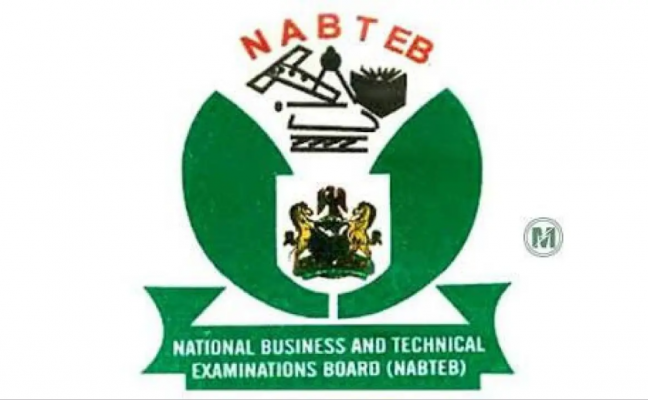The National Business and Technical Examinations Board (NABTEB) has embarked on a significant undertaking to revamp the landscape of technical education in Nigeria. This initiative involves a comprehensive review and validation of 26 trade syllabi, aiming to equip graduates of technical colleges with the skills necessary to thrive in the 21st-century job market. The review process, launched at a workshop in Abuja, signals a crucial step towards aligning technical education with the demands of a rapidly evolving economy and the nation’s pursuit of technological self-reliance. NABTEB’s Registrar, Dr. Mohammed Mohammed, emphasized the importance of this endeavor, framing it as a pivotal moment in Nigeria’s pursuit of educational excellence and economic transformation.
The targeted syllabi encompass a diverse range of disciplines, bridging the gap between traditional vocations and emerging technologies. This comprehensive approach reflects a forward-looking perspective, preparing graduates for a future shaped by innovation and technological advancements. The reviewed trades include fields such as Robotics, Coding and Machine Learning, representing cutting-edge technologies driving the Fourth Industrial Revolution. Simultaneously, the review addresses traditional but essential trades like Industrial Mechanics, Hospitality and Catering, and Beauty Therapy and Cosmetology, ensuring these sectors continue to benefit from a skilled workforce. This blended approach ensures a balanced development of technical expertise across various sectors, catering to both current and future market demands.
A notable aspect of the syllabus review is the inclusion of environmentally conscious programs like Smart Agriculture and Solar PV Installations. These programs underscore NABTEB’s commitment to sustainable development and position Nigeria at the forefront of green technology adoption. By incorporating these areas into the curriculum, NABTEB aims to equip graduates with the skills needed to address pressing challenges in food and energy security, while also promoting environmentally responsible practices. This alignment with global sustainability goals reflects a broader awareness of the need for environmentally conscious development and positions Nigerian technical graduates to play a vital role in a greener future.
The collaborative nature of this initiative is also a key strength. NABTEB has partnered with the National Board for Technical Education (NBTE), demonstrating a commendable model of inter-agency cooperation. This partnership leverages the expertise and resources of both organizations, ensuring a more holistic and effective approach to curriculum development. Furthermore, NABTEB has actively engaged industry stakeholders, incorporating their valuable insights into market demands and emerging trends. This industry input ensures the revised syllabi are not just academically sound but also practically relevant, serving as effective roadmaps for career success. This collaborative approach ensures the relevance and practicality of the revised curricula, aligning educational outcomes with real-world industry needs.
Beyond the review and validation process, NABTEB is committed to the successful implementation of the revised curricula. This commitment involves continuous educator training, establishing robust quality assurance mechanisms, and collaborating with technical colleges to provide the necessary infrastructure and qualified instructors. This comprehensive approach to implementation addresses the multifaceted challenges associated with curriculum reform, ensuring that the improvements translate into tangible benefits for students and the broader education system. By investing in teacher training and infrastructure, NABTEB aims to create a supportive environment for effective curriculum delivery.
NABTEB’s call for active participation from industry partners highlights the importance of a collaborative ecosystem for technical education. The board encourages industry partners to provide internship opportunities, workplace learning experiences, and student mentorship. This hands-on engagement will provide students with practical experience, bridging the gap between theoretical learning and real-world application. By fostering stronger links between education and industry, NABTEB aims to create a more dynamic and responsive technical education system, ensuring graduates are well-prepared for the demands of the modern workplace. This call to action underscores the belief that successful technical education requires a joint effort between educational institutions and the industries they serve.


